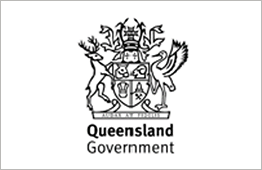Developing a Tool to Improve Central Venous Access Device Skin Care
)
Central venous access devices (CVADs) are essential in healthcare, but they often come with risks, including skin impairments. Addressing this issue, researchers have developed and validated a classification tool to identify and manage central venous access device-associated skin impairment (CASI).
Study Overview
This study aimed to create a reliable and evidence-based tool to classify CASI and guide clinical decision-making. Using a two-phase modified Delphi method, experts reviewed literature and clinical cases to build and validate the tool. The study was conducted in Queensland, Australia, and included testing with 38 clinical photographs representing various CASI types.
Key Findings
Comprehensive Classification: The tool includes five primary categories—contact dermatitis, mechanical injury, infection, pressure injury, and complex clinical presentations—and 14 subcategories with associated signs and symptoms.
High Reliability: Experts demonstrated strong agreement in using the tool, showcasing its reliability for clinical use.
Improved Diagnosis: The tool reduces diagnostic uncertainty, providing a standardized language for CASI classification.
Conclusion
The new classification tool is a significant step forward in improving CVAD care by reducing misdiagnoses and enhancing treatment strategies. It supports healthcare providers in delivering accurate, consistent, and high-quality care to patients.
Impact
This tool sets a new standard for CASI management, emphasizing the importance of evidence-based practices in vascular access care. By addressing clinical uncertainties, it paves the way for better patient outcomes and improved safety.
Read More: https://onlinelibrary.wiley.com/doi/10.1111/jan.16416
Authors: Hui (Grace) Xu, Jill Campbell, Mari Takashima, Emily Larsen, Fiona Coyer, Deanne August, Anna Dean, Colleen Pitt, Bronwyn Griffin, Nicole Marsh, Claire M. Rickard, Amanda Ullman








